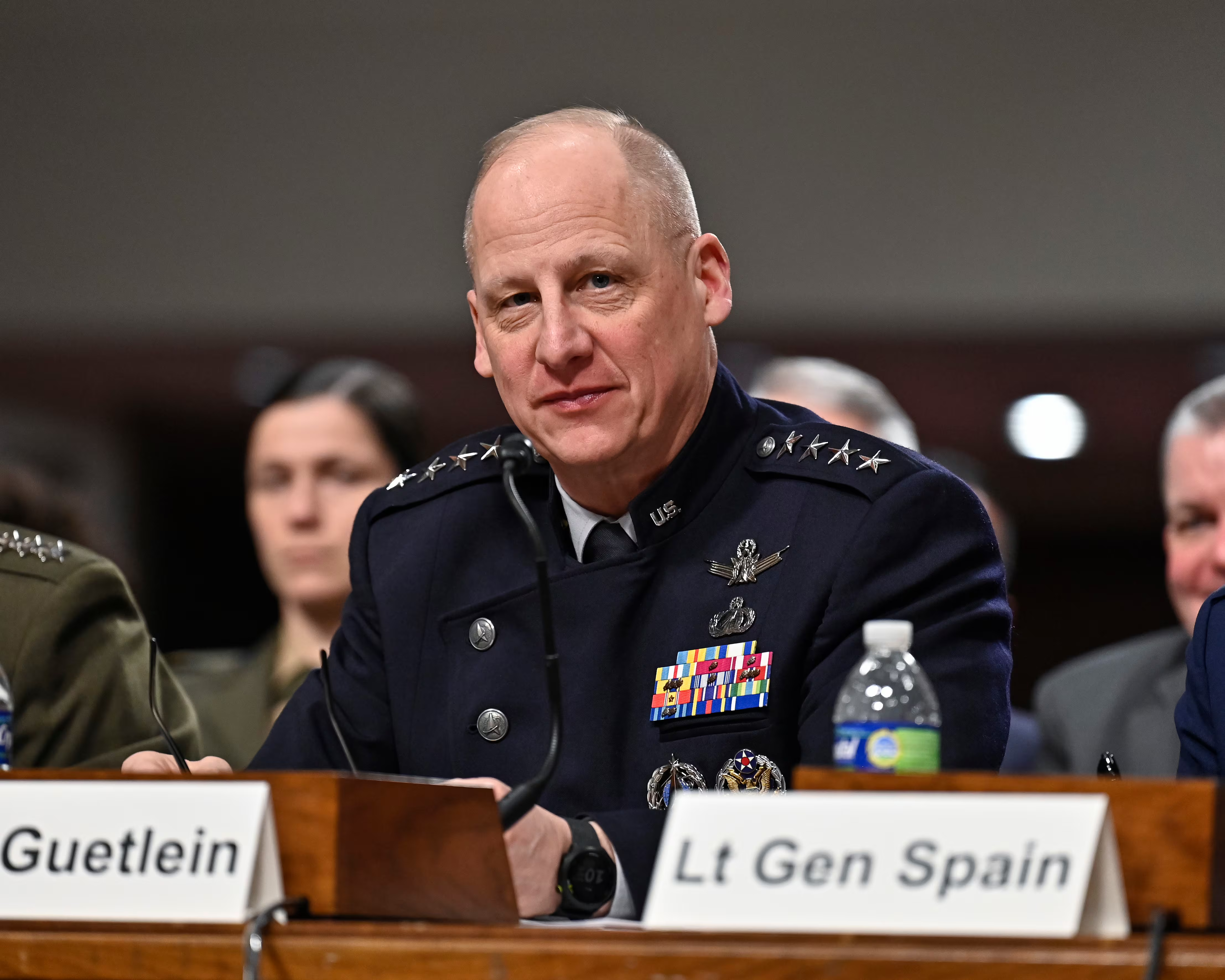WASHINGTON — The Pentagon did not adequately document work on its flagship artificial intelligence effort according to a government watchdog report, increasing the risks of lapses in the future.
The Department of Defense’s inspector general evaluated whether the government monitored contacts in accordance with federal laws and policy for Project Maven, which aimed to accelerate the integration of big data and machine learning. It is frequently held up as the poster child for how DoD is using AI.
Army Contracting Command and the Army Research Laboratory partnered with the Pentagon’s Algorithmic Warfare Cross-Functional Team to support AI development and award four contracts and a cooperative agreement for Project Maven. ECS Federal scored three of the contracts, with Morse Corporation securing the fourth and Carnegie Mellon University receiving a cooperative agreement. These contracts were awarded between September 2018 and February 2020 to address a problem set related to Project Maven’s objectives.
The inspector general found that all government organizations involved successfully monitored and managed Project Maven’s cooperative agreement and four contracts, using reporting, metrics, processes and procedures to ensure companies met pre-determined deliverables set by the cross-functional team.
However, the cross functional team did not document its approach formalizing those efforts, which the inspector general said could lead to an increased risk of lapses in the monitoring and management of contracts as the program grows and personnel change. Furthermore, lack of documentation could negatively impact long-term success and growth of the project, especially as the DoD looks to expand its AI and machine learning efforts to compete with sophisticated nation states. These future efforts might not benefit from lessons learned if they aren’t documented, the redacted report stated.
Project Maven had already suffered a high profile controversy early on, when Google dropped out of the project following backlash from employees who did not want to be associated with warfare technology. The issue became a larger problem for DoD as it sought to woo tech firms in Silicon Valley to help it leverage the latest and most advanced technology.
The DoD’s inspector general’s office offered two recommendations:
- The chief of the cross-functional team formalize Project Maven’s processes and procedures for monitoring and managing AI development contracts to ensure efficiency when the project is transferred to a mission owner;
- The assistant secretary of defense for acquisition conduct a review of the cross-functional team’s emerging technology acquisition processes and procedures to evaluate if any of them used should be further formalized in acquisition policies for other programs.
The IG’s office noted that throughout its evaluation of the program, it discussed recommendations with the cross-functional team. Following an October 2021 discussion, the cross-functional team provided evidence of actions taken to address recommendations in the report to include a description of roles and responsibilities, standard operating procedure and a Maven acquisition guide.
Furthermore, the assistant secretary of defense for acquisition concurred with the recommendation to review the cross-functional team’s emerging technology process.
Mark Pomerleau is a reporter for C4ISRNET, covering information warfare and cyberspace.








